Research Reports
Research Reports
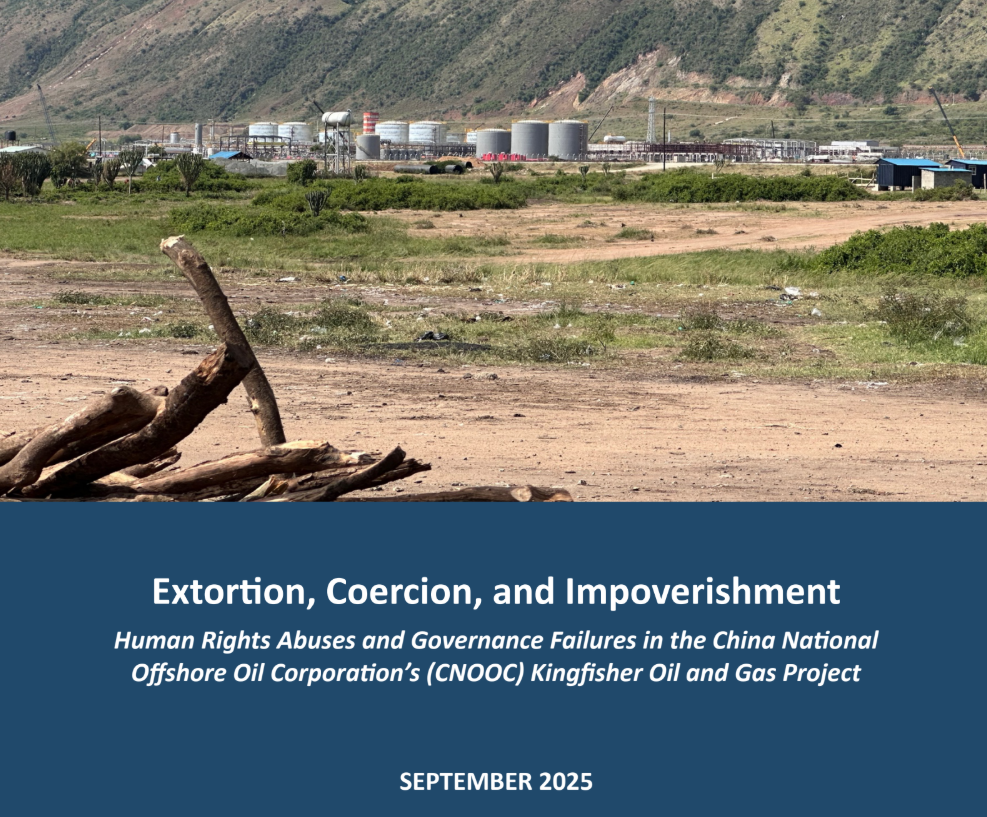
In September 2025, EGI and Climate Rights International released a new report documenting fresh abuses in Uganda’s Kingfisher oil project. Communities are living under militarized control, facing forced evictions without compensation, extortion of fishing livelihoods, harassment of women traders, blocked access to critical fishing grounds, and rising teenage pregnancies linked to exploitation.
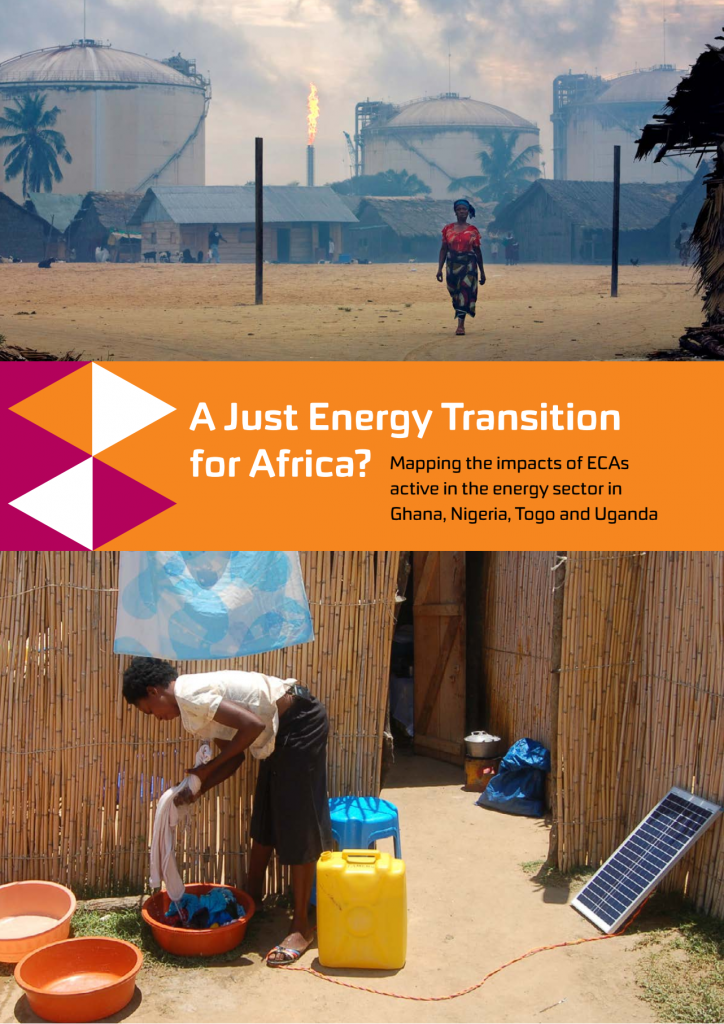
A Just Energy Transition for Africa – Mapping the impacts of ECAs active in the energy sector in Ghana, Nigeria, Togo and Uganda
While the impacts of the climate crisis are already
disproportionately affecting African countries, the continent is
also host to an increasing number of fossil fuel developments.
These fossil fuel developments will further drive climate
change and harm local communities and the environment,
and risk locking African countries into fossil fuel dependency
and preventing them from making a timely leap to renewable
energy
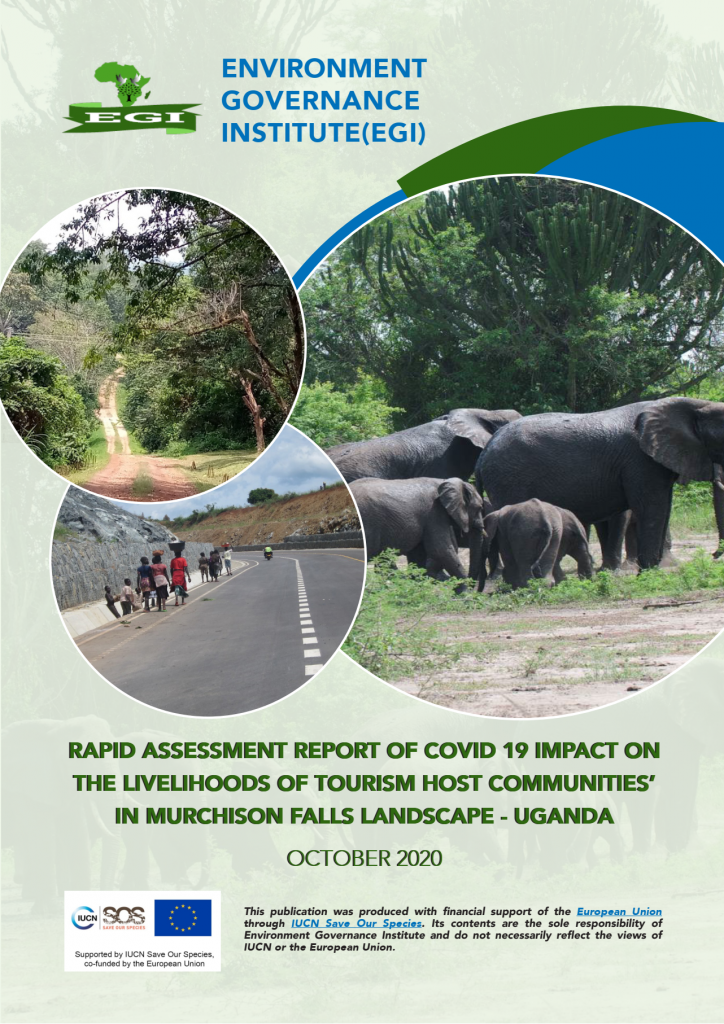
Rapid Assessment Report of Covid 19 Impact On the Livelihoods of Tourism Host Communities’ in Murchison Falls Landscape – Uganda
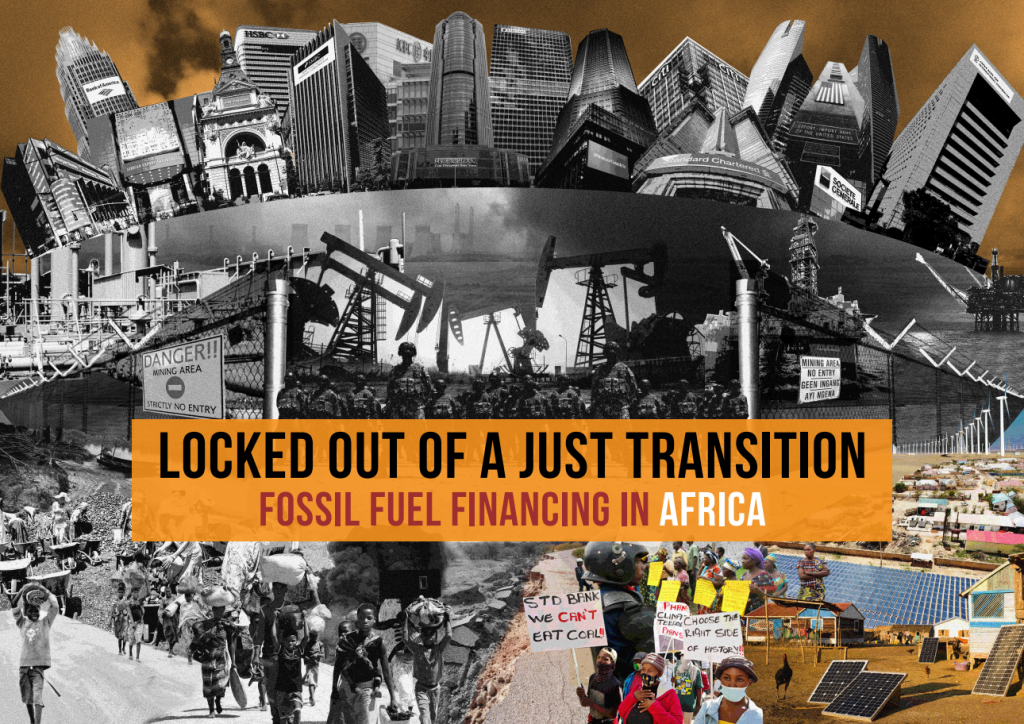
While the impacts of the climate crisis are already disproportionately affecting African countries, the continent is also host to an increasing number of fossil fuel developments.

The Foreign Financers of Argentina’s Lithium Rush
In the context of the ecological and climate crisis, the world is in urgent need to shift from fossil fuels to a renewable energy powered system. This massive change places Global South countries – once again – at the center, this time around for the supply of the so-called critical minerals needed for the energy transition.
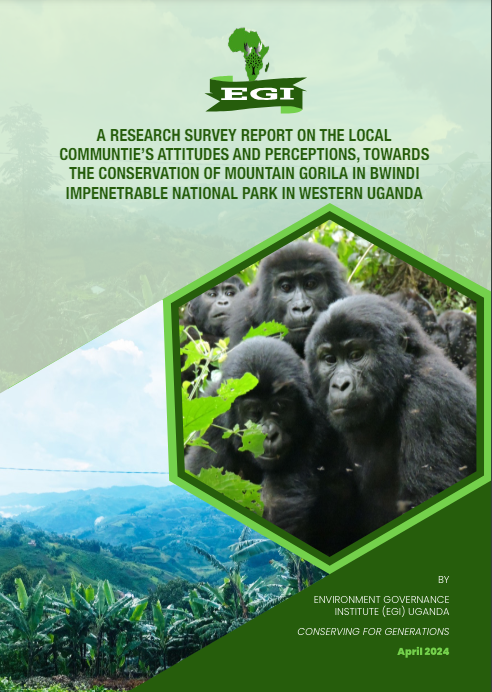
Research Survey on the local community attitudes and perceptions towards the conservation of mountain Gorillas in Bwindi Impenetrable National Park in Western Uganda
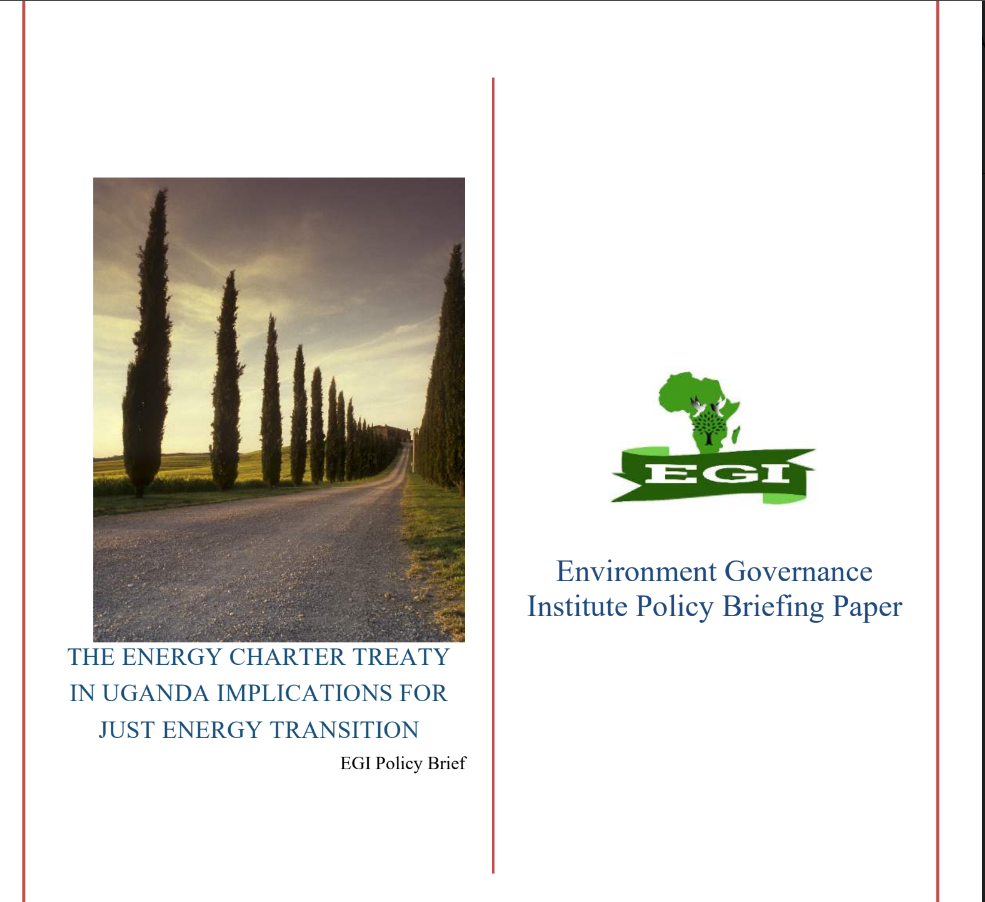
The Energy Charter Treaty in Uganda implications for just energy transition
The Energy Charter Treaty (ECT) is an international agreement that
was signed in 1994 with the aim of promoting and protecting
foreign investment in the energy sector. The ECT provides a
framework for energy cooperation and trade, and includes
provisions for the settlement of disputes between investors and
states. The energy charter treaty (ECT) has been the subject of
controversy in the recent years due to concerns about its impact on
climate change and environment.
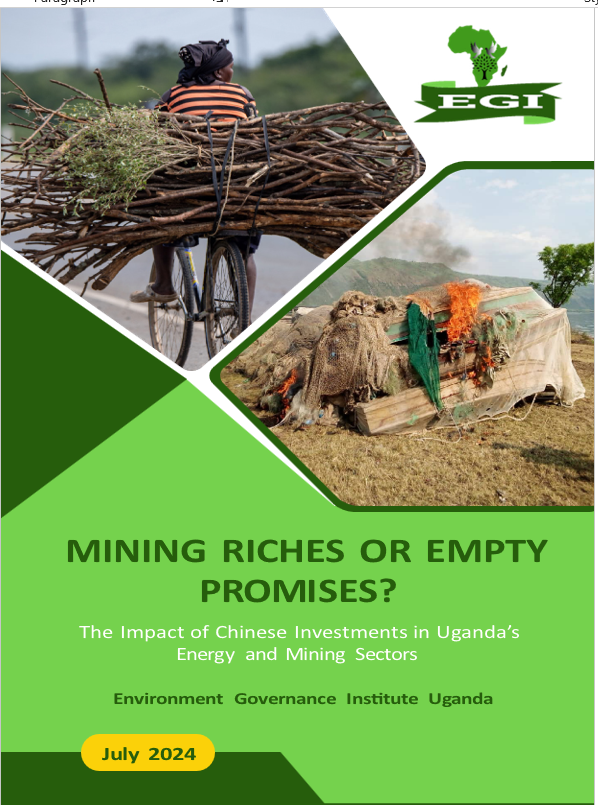
China has had relations with Uganda since 1962. Since then, Chinese companies have contributed significantly to many infrastructure projects in Uganda. Initially, China’s relations were based on international solidarity and were dominated by Chinese aid to Uganda. While development cooperation still plays a major role in China Uganda relations, after the economic reforms of 1978 and in particular the economic reforms of the 1990s, Chinese companies have increasingly started pursuing commercial activities in Uganda.
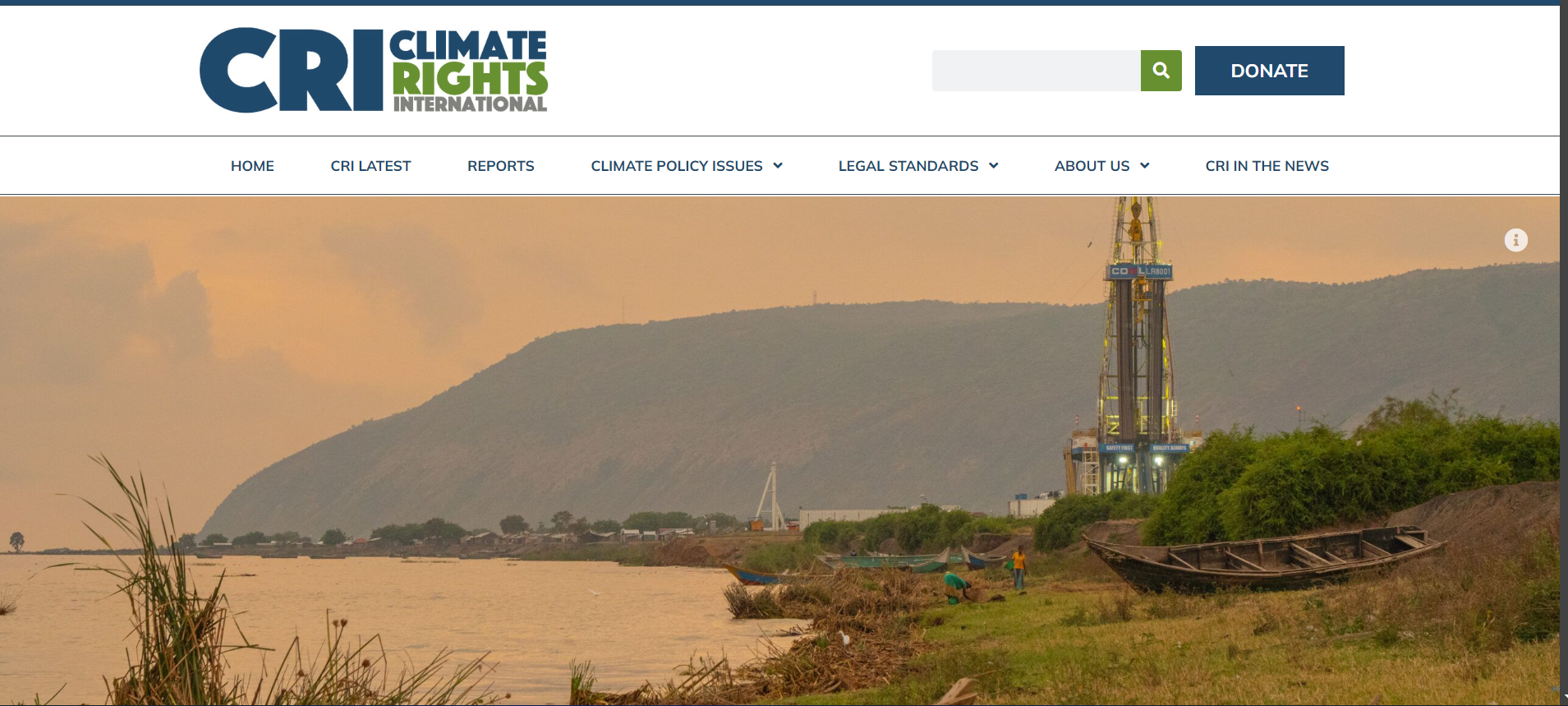
While the Ugandan government has claimed that Kingfisher and related projects will benefit the people of Uganda, those living in and around the planned development tell a different story. Many have been forcibly evicted without compensation, coerced into selling their land at inadequate prices, and deprived of their livelihoods, leaving them struggling to feed their children or pay for education. Many local residents report threats, intimidation, and violence, including sexual violence. Workers complain about safety problems and demands for bribes to obtain jobs from CNOOC and its subcontractors.

In March 2024, Total Energies released a document outlining what it described as 10 misconceptions about the Tilenga and EACOP projects, for which they are the lead developers in Uganda. As members of various civil society groups, we have carefully reviewed these assertions, which we consider to be “missed conceptions,” and provided responses below
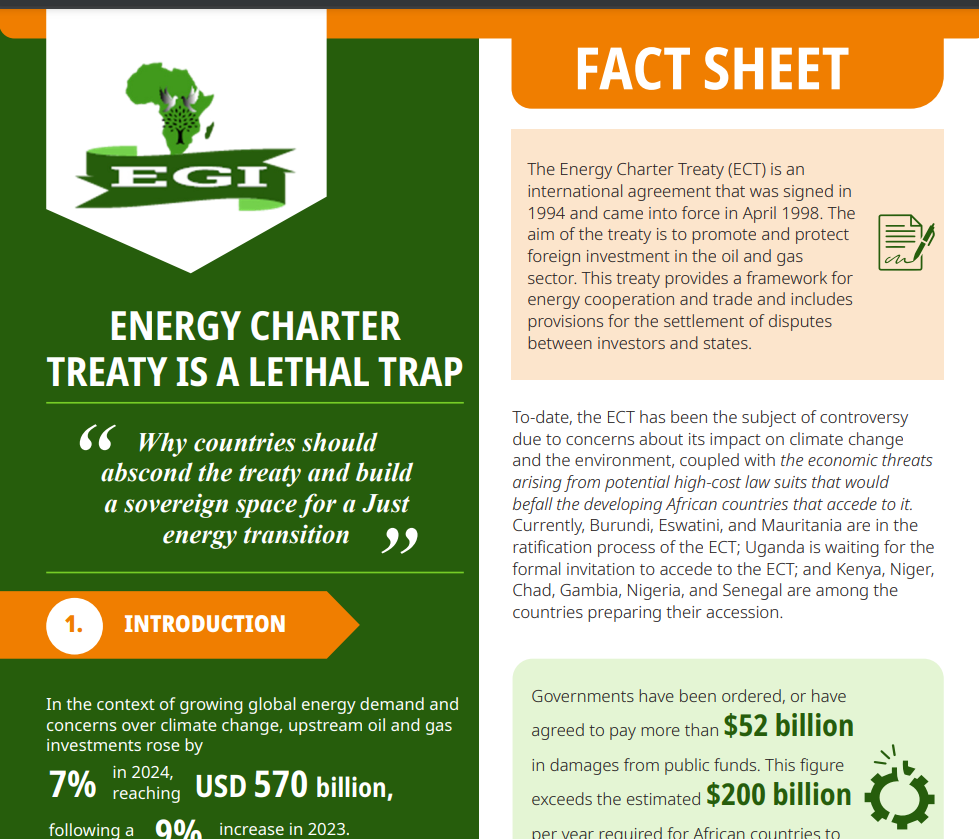
To-date, the ECT has been the subject of controversy due to concerns about its impact on climate change and the environment, coupled with the economic threats arising from potential high-cost law suits that would befall the developing African countries that accede to it.

In the face of increasing climate change risks and the pressing requirement for sustainable energy shifts, this report thoroughly examines the involvement of Export Credit Agencies (ECAs) in supporting fossil fuel and large-scale hydroelectric projects in Uganda, Tanzania, and the Democratic Republic of Congo, thereby prolonging the dependence on fossil fuels by these countries. This underscores the crucial need for transparency, accountability, and an equitable energy transition in Africa.
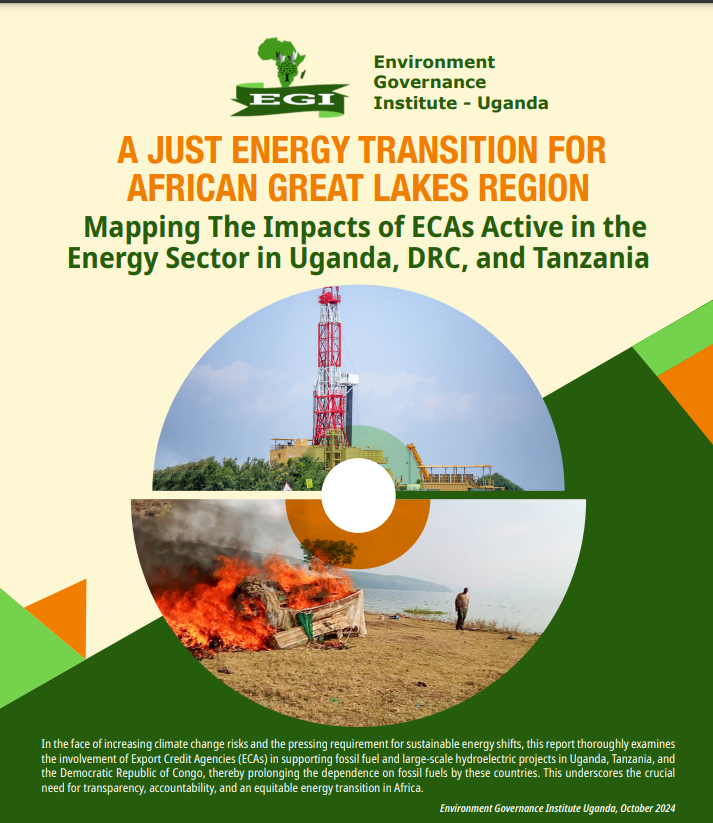
Climate change poses an imminent threat to all nations, surpassing the safe atmospheric carbon dioxide concentration level of 350 parts per million (ppm) three decades ago. According to the Intergovernmental Panel on Climate Change (IPCC), the impacts of global warming are becoming increasingly severe. The frequency and intensity of extreme weather events are on the rise, threatening ecosystems and human societies globally
Amidst oil demands in Africa, the continent still grapples
with the worst air pollution and some of the most severe health
consequences in the world due to oil and gas developments. In 2019,
air pollution was the second leading risk factor for death across Africa,
a large and dynamic continent that is home to more than 1.2 billion
people.
Oil is often seen as a golden opportunity for countries to fuel economic growth that can create employment, better infrastructure and more wealth in the country. Despite this notion, the good benefits of oil have still not materialised in most African countries producing oil. This can be described by what in literature is called the resource curse.



